Table Time engages young minds in focused activities that develop fine motor skills, concentration, and pre-academic abilities. By practicing tasks like cutting, sorting, and simple math exercises, children strengthen, build early literacy and numeracy skills, and learn to follow instructions. Learn More

Our Curriculum
Our curriculum offers seven subject areas.
Table Time
Centers
Centers provide an interactive learning experience where children rotate between various themed areas – such as reading, building, or sensory exploration. This choice-driven approach fosters independence decision-making, and curiosity while helping them develop social skills as they engage in collaborative play and problem-solving with their peers. Learn More
Circle Time
Circle Time is a cornerstone of group learning that strengthens communication, listening, and turn-taking. Through songs, stories, and discussions, students learn to engage with their classmates, recognize routines, and develop language skills, all while practicing respectful listening and sharing. Learn More
Movement
Movement activities – such as dancing, obstacle course, and simple exercises – help children build gross motor skills, balance, and spatial awareness. Active play releases energy, enhances physical health, and teaches students about their bodies’ capabilities, all of which support focus and emotional well-being. Learn More
Music
Music inspires rhythm, self-expression, and memorization in a fun, engaging way. As children sing, dance, explore musical instruments, and discover famous musicians, they enhance their auditory and motor skills. Music activities also foster emotional expression, social connection, and language development, bringing the class together through shared love of song and movement. Learn More
Art
Art introduces students to creativity, problem-solving, and self-expression. With a balanced mixture of process and product art projects, children explore colors, shapes, and textures, allowing them to express feelings and ideas freely. Creating art also develops fine motor skills and encourages them to experiment, boosting confidence in their own unique abilities. Learn More
Imaginative Play
Imaginative Play is vital for cognitive and social-emotional development. As children take on roles, create scenarios, and problem-solve, they practice empathy, language skills, and conflict resolution. Pretend play nurtures creativity, helping children make sense of the world and develop skills they’ll carry into real-life social situations. Learn More

FREQUENTLY ASKED QUESTIONS
What makes Blossom & Grow different from other preschool curriculums?
Blossom & Grow is unique in that the integration of the arts is assimilated into every day. The arts are not an afterthought. Blossom & Grow is also firmly rooted in the latest science backed research, utilizing a variety of hands-on teaching methods designed to meet every child where they are at.
What is the difference between the Foundational and Enhanced Lesson Plans?
The Foundational package includes all essential monthly lesson plans in a professional PDF format, while the Enhanced package offers a more interactive experience, with weekly lesson objectives, additional support materials, clickable links, and access to coaching calls. Both provide robust, high-quality plans, but the Enhanced package offers extra resources like monthly coaching calls designed to help you navigate challenges and maximize your usage of the program for elevated student results, optimal family retention, and increased revenue.and convenience for teachers who want more detailed support.
Can I customize the lesson plans to fit my classroom's needs?
Yes! While our plans provide a structured approach, they’re also designed to be flexible. We encourage you to adjust activities, timeframes, and materials to meet the unique needs of your students and teaching style.
What subjects are included in the Blossom & Grow curriculum?
Blossom & Grow features all major components of a successful preschool program designed to amplify kindergarten readiness by using table time, circle time, centers, STEAM and SEL activities. In addition to that, Blossom & Grow is proud to recognize the impact arts have on education and includes daily art, music, movement, and imaginative play activities to reach every student while increasing engagement and fostering a love and appreciation of the arts.
Are there payment installment options available?
Yes, we offer a 3-installment payment option for both the foundational and enhanced packages. Access to the curriculum is provided once all payments are completed, ensuring affordability for those looking to grow their revenue with our curriculum.
How do I access my lesson plans after purchasing?
Foundational Plans will be able to immediately download after your purchase is complete.
Enhanced Plans – Once your purchase is complete, you’ll download instructions that will include a link to access your digital files.
What is the refund policy?
We are committed to providing you with high-quality resources. Due to the digital nature of the curriculum, we do not offer refunds once materials have been accessed. However, if you encounter any issues, please reach out, and we will work to ensure you are fully supported.
I have no formal education teaching experience. Will I be able to use this program?
Absolutely! One of the things that sets Blossom & Grow apart is its comprehensive lesson plans, detailed supply lists, and understandable terminology. Blossom & Grow is easy to follow and understand. AND, a coaching call is always available!
Are there add-ons available to expand the curriculum?
Yes! We offer several add-ons to enhance your classroom experience, including packages for Social-Emotional Learning, Parent & Family Arts Celebrations, and Summer Camp. These add-ons are designed to provide even more depth and variety, supporting specific areas of learning and community engagement.

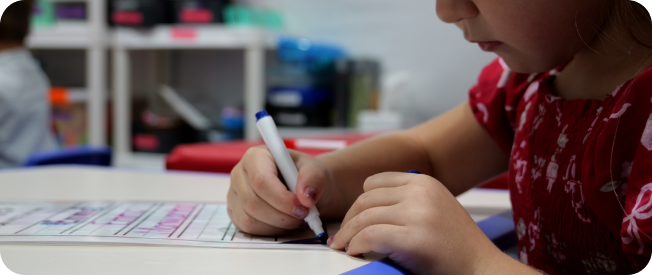
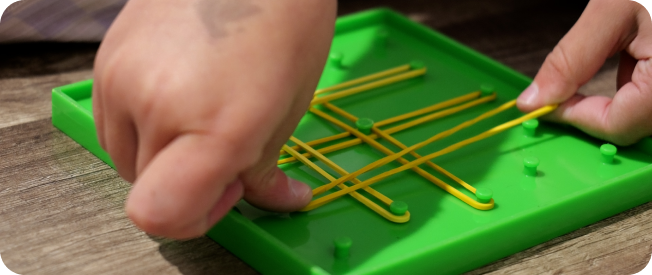
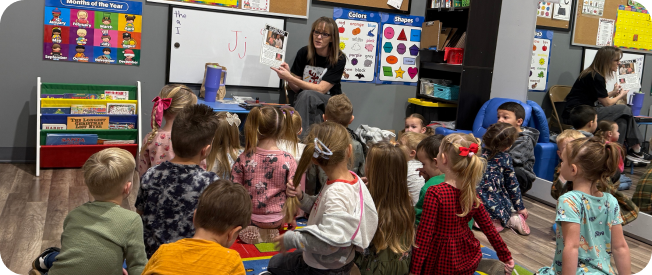
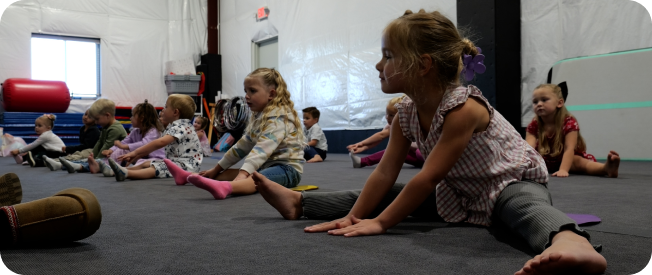
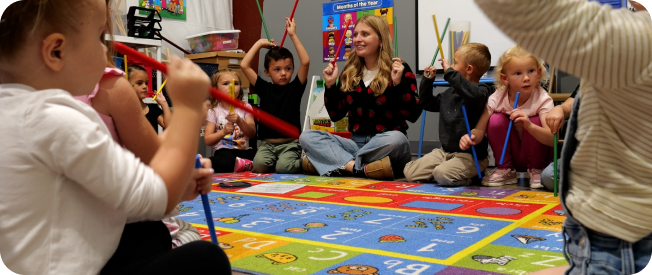
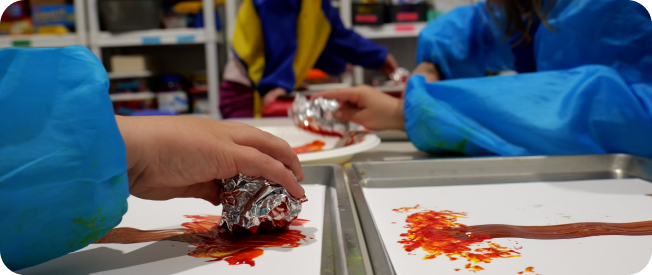
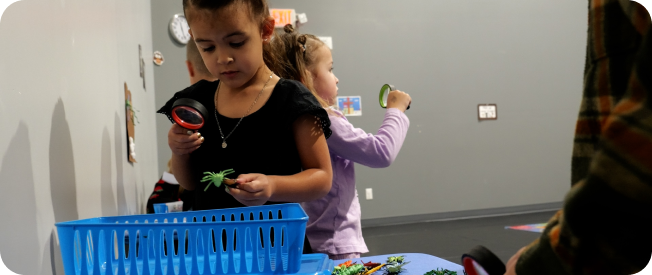




Follow Us